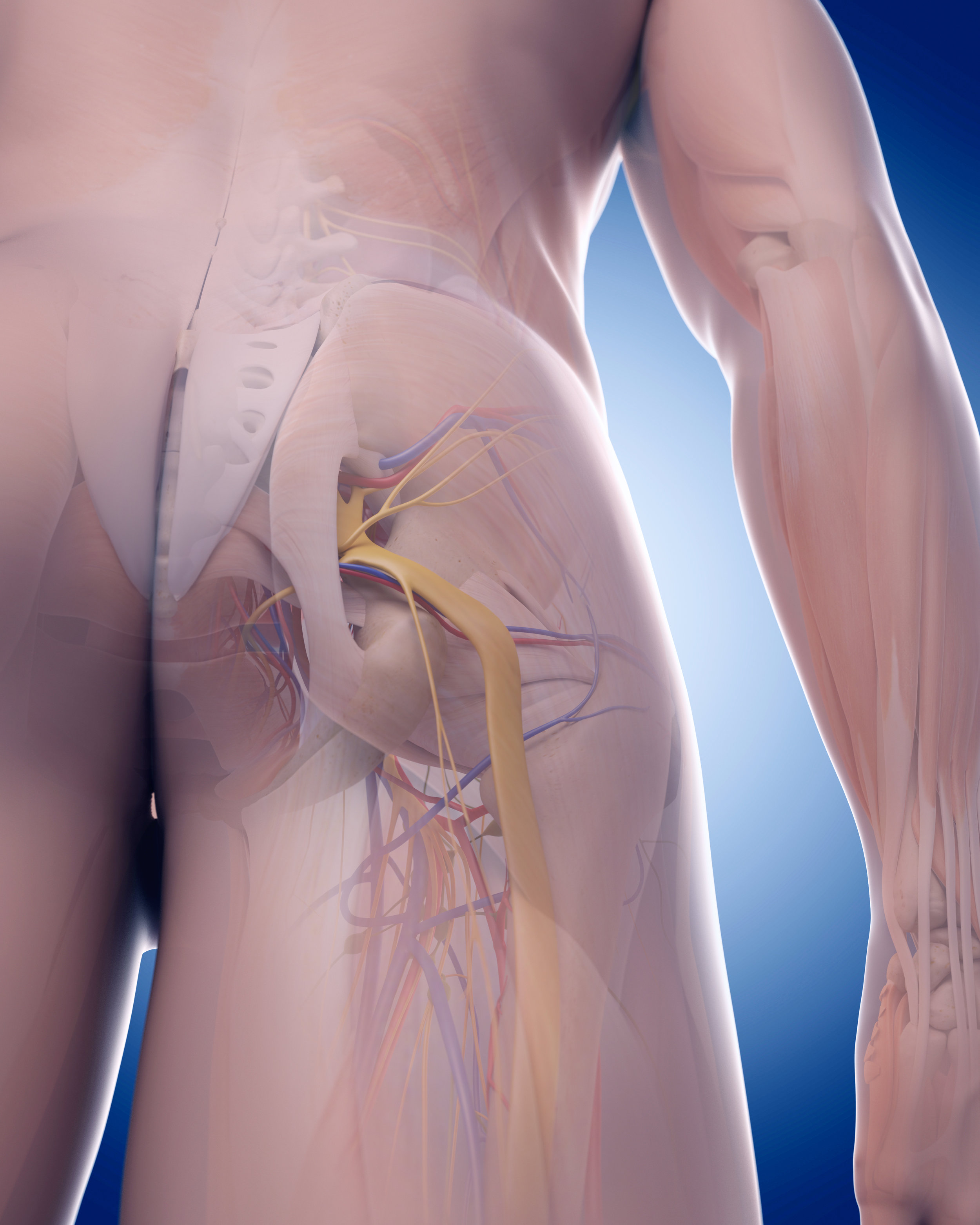Imagine even the most basic daily tasks becoming a burden. Pete wasn't even able to get to his mailbox without considerable discomfort. Listen to his own words as he lets you know how he has learned how to help himself with Ryan Moschell and Get Out Of Shape®.
Sciatica - A pain the the...
You don't know utill you expereince
"Most healthy adults feel that they are relatively in control of their bodily movements. They function and get from point A to point B just fine, or well enough. But what happens when you ask an adult to move a part of their body and they don't know how? There is some gap between the trying and the doing. At first it can be very frustrating yet this is exactly where the Somatic treasure is buried..."
Trying to think your way there
"So many people contact me daily seeking relief from their suffering. Many of them work so hard trying to think there way to a solution. They read all the books, articles, and online videos they can get their hands on. Each of these things is offering them a paper invitation to a feast. The problem is the invitation isn't very filling and doesn't taste anything like food..."
The Training Between Your Training - Dressage Today
"You train many long hours in the saddle in order to work toward a more enjoyable connection with your horse and to find excellence in yourself and your sport. The fact is, most riders are actually training their brain and muscles more hours in their day-to-day life activities such as sitting at a desk, standing in line, using the cell phone, mucking stalls, being in the same position while sleeping all night, et cetera, than they ever will on their horse. This daily-life training is mostly unconscious and is reinforced though sameness and repetition..."
"How Hanna Somatic Education May Relieve Chronic Pain and Depression"
"I was surprised to find that I had absolutely no trace of anxiety on the right side of my chest, and continued to have full blown anxiety on the left side of my chest. It was as if someone had cut the emotion in half and had completely removed one side. I spent some time integrating this experience, and realized that since my mental reaction to the stress of teaching my peers can manifest as chronically tight muscles, then having some conscious control over — and being able to alleviate — the tight muscles could in turn affect my emotional state. This was a profound insight for me, as previously this type of emotional state would just happen to me..."
Muscle memory: Annapolis man practices somatics, aimed at helping muscle amnesia
"Who knew biceps, triceps and other tissues were so darned forgetful?
Moschell, a longtime Annapolis massage therapist, is a somatic educator.
He shows people how to manipulate specific muscles to alleviate pain and tension. The movements are done very deliberately - like a slow-motion, self-guided personal training session. "I have them learn how to feel what's going on in their bodies so they can do it on their own," he said..."
Wearing Your Shoulders as Earmuffs
Information Contortionists
"we have just begun to adjust our bodies to the electronic interface systems that we have created to serve us. This form of body contortion happens unconsciously in order to obtain our daily dose of news. Our desktops, laptops, iPads, cell phones, and Kindles, have become so woven into fabric of our daily lives that we have begun to adjust our bodies to fit these limitations..."
Uncharted Territory
Body Language
"Most of us try to avoid the irritating guest of the body in many complex ways. All this rather than sit down and simply have a civilized talk with them. Somatics is the common language of mediation between the parts of your body that you have been ignoring and your whole self or Soma . The Somatic language is made up of controlled movements that act as embodied verbs..."
When you Forget Your Muscles
"Our bodies are usually very good at juggling and keeping track of many things all at once. But during the course of a lifetime there are many stresses, traumas, and inhuman situations that we endure day in and day out. The brain begins to pass off some of its extra work load to the parts of the central nervous system that act involuntarily. This means that some of the parts of your body that you used to control are not readily available to you anymore. When the part of you that is out of touch is a chronically tight muscle that just wont relax..."












